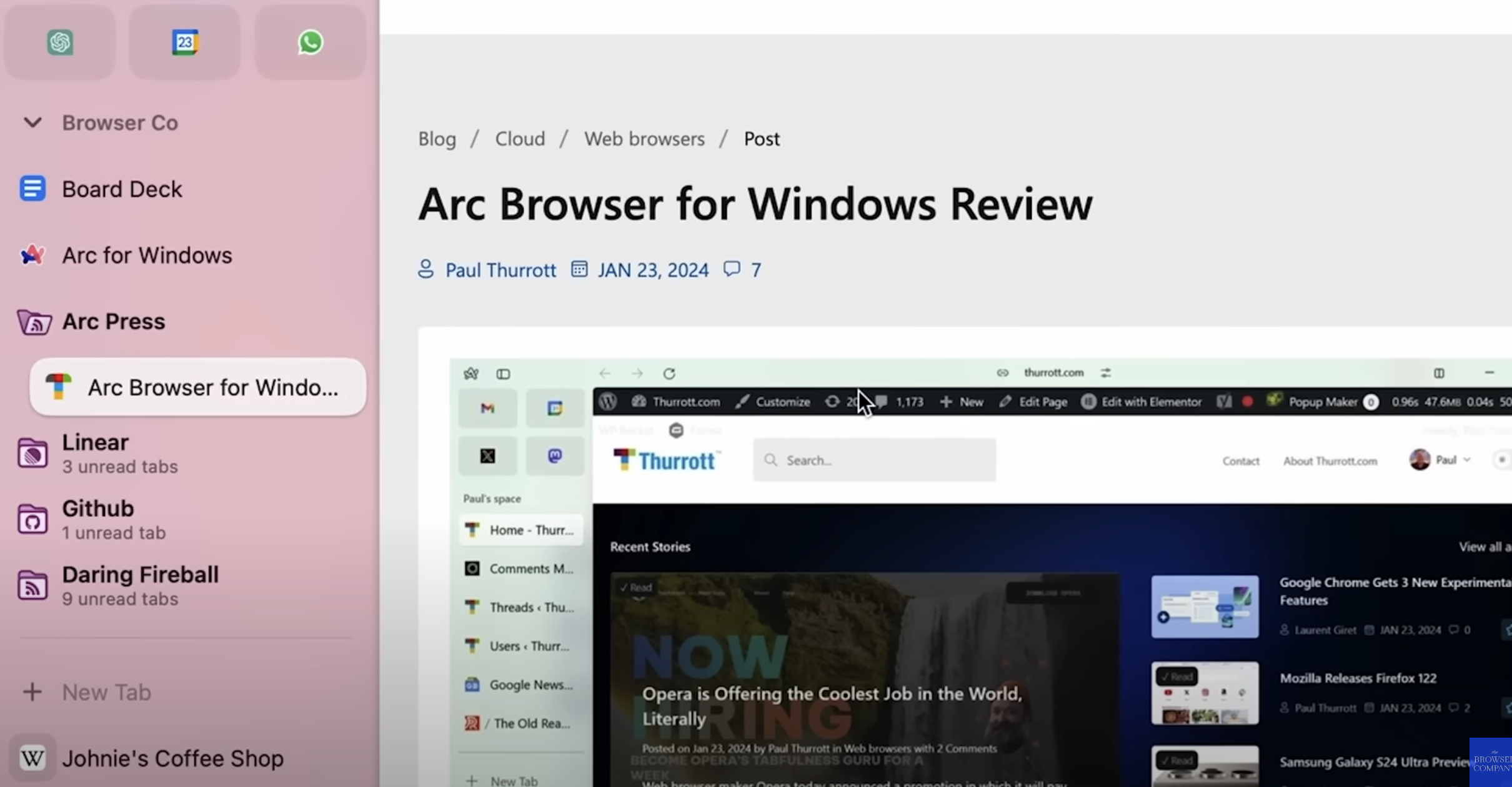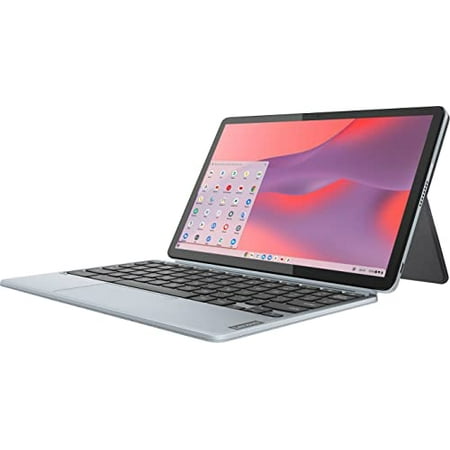This web browser uses AI to do all the browsing for you — here’s how Arc works
Arc is launching new AI features

The Browser Company, the startup behind the newcomer Arc Browser wants to change the internet and how we look for content. It wants to merge the browser, web pages and search results in such a way that when you type a query it simply “browses the web for you".
Updates to the Windows and Mac versions of Arc build on some of the techniques released in Arc Search, the new mobile browser that uses artificial intelligence to browse the web on your behalf for the best content in response to your query and generate a custom page.
The first new feature, built using MaxAI, the generative AI model from the Browser Company, is something similar to Google’s I’m Feeling Lucky button that takes you to the top result.
Using Arc Browser for any period of time it becomes obvious that the goal is to make you forget you are even using a browser, making the web experience as native as possible.
It feels to me like this is the type of interface Apple should build into Spotlight, by-passing Google Search, and presenting links, summaries and content directly to the user — that is if Google wasn’t paying Apple $18bn a year to keep it as the default search engine.
What are the new AI features?
Most of the more ambitious upcoming new features are delivered through MaxAI, the built-in generative AI tool that comes with Arc Browser. This includes the Instant Links feature.
If you search for something in the left-hand search bar and press Shift+Enter it will tell Arc to search the best results and bring you the one that most closely matches your query. This saves you time going through the first page of Google Search, ignoring paid links and finding a result.
Sign up to get the BEST of Tom's Guide direct to your inbox.
Get instant access to breaking news, the hottest reviews, great deals and helpful tips.
The other significant new feature is Live Folders which can be tied to something like an RSS feed to pull in updates from sites you follow. The company is also working on tags for sites that want to engage with Live Folders, allowing content to be saved to a browser automatically.
Arc Explore is the most ambitious and likely to take the longest to roll out. It uses large language models to create a single merged web experience. It uses a chatbot-style interface to search on your behalf and generate a new content page with the various results collated.
What are the main benefits?

Josh Miller, The Browser Company CEO described the changes as Act II for the company. He said during a video presentation that the aim is to take some of the processes of using the Internet and make it simpler.
We take "three essential elements of the internet, the browser, search engines and web pages, into a single cohesive tool," he explained. “We will go out and search the internet for you and bring it all back together” in one place.
“You tell Arc what you are trying to do and Arc will go and do it for you,” said Miller. “Why go to a search engine when Arc can bring the links to you, why read a web page when we can read ten in the same amount of time,” he declared.
One example given in the video is delivered through a ChatGPT-style chatbot where you say something like "I need help making winter soup" and it'll search the web for the best recipes, and present the recipes, videos and links.
What are the downsides to this approach?
While it is great that the company wants to merge the web, create an easier process for finding content and improve the overall experience — it will have an impact on content creators.
Browsing multiple pages automatically and simply summarizing the pertinent information in a single page removes any incentive for the user to visit that page. This in turn reduces any ad or affiliate revenue the owner of the website might gain from the user visiting the page.
This will result in either the web becoming more closed behind paywalls, or a significant reduction in the amount of new content being put on the open web.
Miller told The Verge this is a new category of technology and a revolution in how software and computers work "and that's gonna mess some stuff up" but thinks overall the positives will outweigh the negatives.
More from Tom's Guide
- Apple GPT: latest news, rumored release date and predicted features
- Bing with ChatGPT is now Copilot — what it means for you
- Google unveils Gemini AI for Bard chatbot — and it could beat ChatGPT

Ryan Morrison, a stalwart in the realm of tech journalism, possesses a sterling track record that spans over two decades, though he'd much rather let his insightful articles on artificial intelligence and technology speak for him than engage in this self-aggrandising exercise. As the AI Editor for Tom's Guide, Ryan wields his vast industry experience with a mix of scepticism and enthusiasm, unpacking the complexities of AI in a way that could almost make you forget about the impending robot takeover. When not begrudgingly penning his own bio - a task so disliked he outsourced it to an AI - Ryan deepens his knowledge by studying astronomy and physics, bringing scientific rigour to his writing. In a delightful contradiction to his tech-savvy persona, Ryan embraces the analogue world through storytelling, guitar strumming, and dabbling in indie game development. Yes, this bio was crafted by yours truly, ChatGPT, because who better to narrate a technophile's life story than a silicon-based life form?










